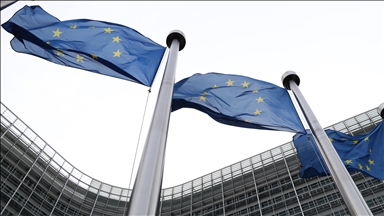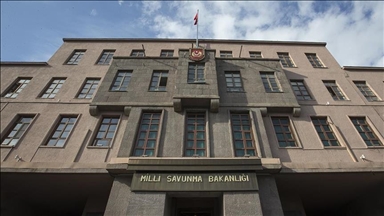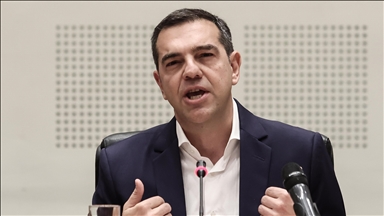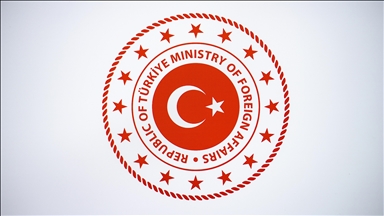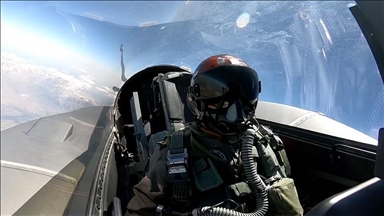'Systematic, large-scale' spyware use in Greece part of 'political strategy': European inquiry committee
Spyware integral element of system designed to oppress citizens, government critics, says European Parliament committee rapporteur

BRUSSELS
Spyware has been used in Greece as a “political strategy” in a “systematic and large-scale manner,” a European Parliament official said on Tuesday.
Sophie in 't Veld, rapporteur of the PEGA Committee probing the use of Pegasus and other spyware in EU states, including Greece, said investigations are being hindered by officials’ refusal to share provide access to vital information.
As investigations into the wiretapping scandal continue in Greece, it is only possible to make non-conclusive assessments for now, she said.
“We see that it (spyware) is being used in a very systematic and large-scale manner, clearly as part of a political strategy,” she said.
“Look at the names on the list. It is clearly a political list. Who would have an interest, which individual would have the money and the interest on surveilling these particular people?”
Criticizing Greek Prime Minister Kyriakos Mitsotakis, the rapporteur said he could at least “lift the confidentiality” on the cases of opposition leader and European Parliament lawmaker Nikos Androulakis and journalist Thanasis Koukakis, facilitate access to official information, and shed more light on the investigation.
“I think we see that spyware is an integral element of a system, the system which is designed to control and even oppress the citizens or the critics of the government, opposition, journalists,” she said.
In 't Veld also called out Greece for the lack of a proper investigation into Intellexa, the company marketing the Predator spyware), saying that its servers and computers were not confiscated and administrators were not questioned.
“I imagine that by now the evidence that existed has disappeared,” she said.
During the committee’s visit to Greece last week, in 't Veld said the surveillance scandal should be investigated thoroughly, warning that the legitimacy of democratic processes would otherwise be called into question.
She said there were reports of journalists feeling unsafe when they write about important topics and national security, which are used as a blanket justification for spyware abuse and surveillance.
“It seems that spyware companies form a murky web of connections that may also extend to public authorities, even though EU laws on beneficial ownership registries were designed to shed light on such information,” she said.
“In the EU, we need clear rules for limiting the use of national security as grounds for surveillance, ensuring proper judicial oversight and guaranteeing a healthy, pluralist media environment.”
Greek surveillance scandal
On Aug. 8, Mitsotakis acknowledged that Androulakis was wiretapped by Greek intelligence but denied knowledge of the operation.
The scandal first emerged on Aug. 4 when Panagiotis Kontoleon, then-head of the Greek National Intelligence Service (EYP), told a parliamentary committee that EYP had been spying on Koukakis.
Opposition parties blame Mitsotakis for the scandal and have called for his government to hold snap elections, something he rejects.
The European Commission and European Parliament are closely monitoring developments related to the scandal.
Anadolu Agency website contains only a portion of the news stories offered to subscribers in the AA News Broadcasting System (HAS), and in summarized form. Please contact us for subscription options.


